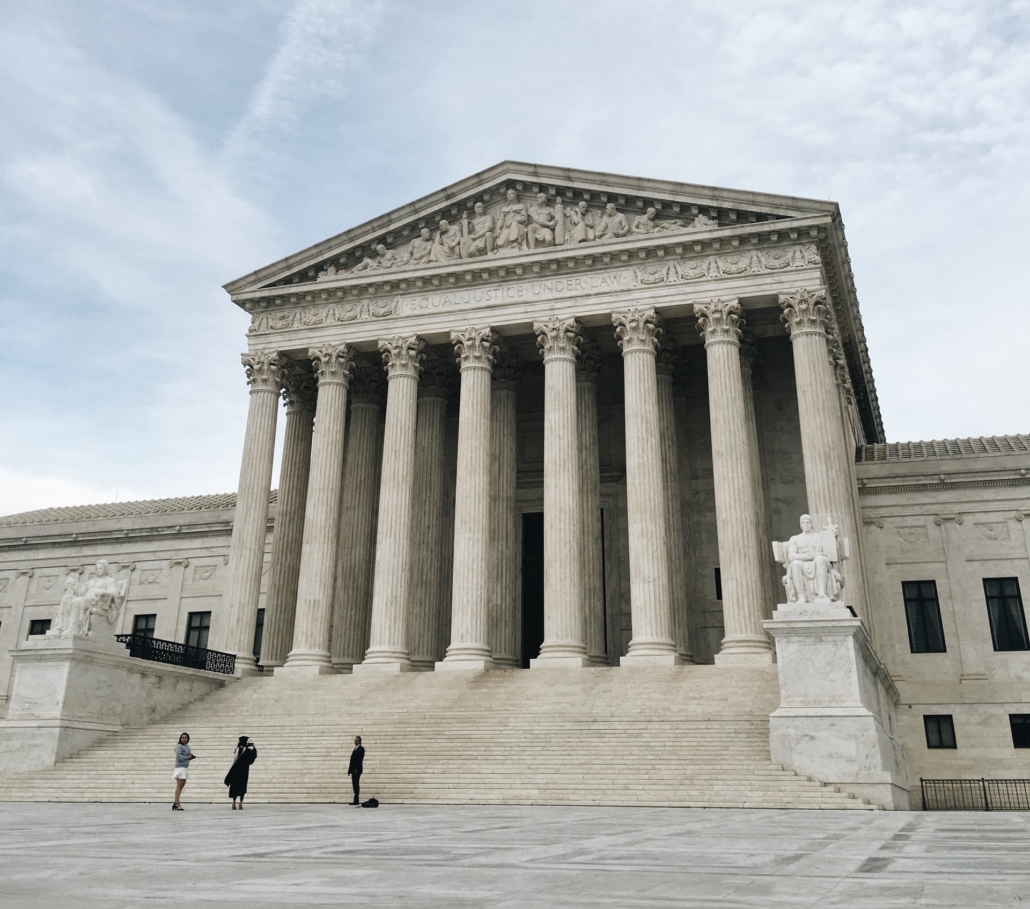5 Legal Organizations Addressing Global Poverty
 In many countries around the world, the judicial process comes with a hefty price tag. As a result, impoverished communities often lack access to the legal services and assistance necessary to achieve justice. To ensure these communities can access the judicial process, legal organizations are expanding their manpower internationally to provide legal tools and programs to people in need. Below are five legal organizations addressing global poverty by promoting the rule of law.
In many countries around the world, the judicial process comes with a hefty price tag. As a result, impoverished communities often lack access to the legal services and assistance necessary to achieve justice. To ensure these communities can access the judicial process, legal organizations are expanding their manpower internationally to provide legal tools and programs to people in need. Below are five legal organizations addressing global poverty by promoting the rule of law.
- Lawyers without Borders (LWOB) – This organization offers pro bono legal services to communities in need around the world. These services often include legal advice and assistance to promote the rule of law. Additionally, the organization helps train future members of the trial system through its “Support Through Trial Advocacy Training” (STTAT). This includes judges, prosecutors, magistrates and more. LWOB takes participants step-by-step through the trial process to better understand legal proceedings. To ensure as many communities benefit from STTAT training as possible, LWOB has translated course materials into a plethora of languages including “Swahili, Amharic, Creole, Nepali, French and Spanish.”
- Lawyers Against Poverty – This organization works to promote social justice in different countries. Composed of volunteer lawyers from around the world, Lawyers Against Poverty provides legal assistance and donations to communities in need. For example, in 2020 the organization donated 30,000 pounds to help women living in Jordan file legal proceedings for domestic violence during the pandemic. Additionally, the organization has donated 10,000 pounds to provide refugees in Greece with legal assistance filing asylum cases. To date, the organization has donated time and money to Pakistan, Nigeria, Kenya and Greece to broaden important access to judicial systems.
- TrustLaw (The Thomson Reuters Foundation) – Created in 2011, this program came into being as part of the Thomson Reuter Foundation’s aim to provide pro bono legal services to worldwide communities. By connecting non-governmental organizations with law firms, TrustLaw provides a plethora of communities with legal assistance and training courses. In fact, TrustLaw has supplied legal assistance worth about $172 million since its creation. Additionally, the program works on three “areas of impact” to promote the rule of law. First, TrustLaw encourages members to devise solutions to climate change. Next, TrustLaw works to end modern slavery by conducting legal research on the issue. Finally, TrustLaw works to ensure women’s rights are upheld and respected on the international stage.
- International Development Law Organization (IDLO) – In 1988, the International Development Law Organization was uniquely formed to serve as a global intergovernmental organization that promoted the rule of law. It has impacted more than 90 different countries worldwide. Additionally, IDLO works in regions like Latin America, Asia, Eastern Europe and Africa. In addition to promoting the rule of law, the organization also focuses on women’s rights, economic sustainability, peace and democracy, public health, climate change and access to justice. The organization focuses on U.N. goals as well in its efforts toward sustainability.
- Global Legal Action Network (GLAN) – A nonprofit, the Global Legal Action Network dedicates itself to injustice and holding countries that violate human rights accountable. To gain international influence, the nonprofit partners with local grassroots organizations and civil society leaders in countries around the world. In addition to addressing human rights violators, the organization also deals with legal issues. These include issues tied to war, immigration and economic justice. More recently, GLAN has partnered with the World Uyghur Congress (WUC) and Uyghur Human Rights Project (UHRP) to expose how the Chinese government mistreats Uyghurs in concentration camps.
The five legal organizations mentioned above address global poverty by offering donations, legal services and assistance to communities in need. This way, poor communities are not disadvantaged in terms of accessing different judicial systems around the world. Overall, these legal organizations ensure justice is available to everyone regardless of socioeconomic status, sex, ethnicity or nationality.
– Chloe Young
Photo: Unsplash
